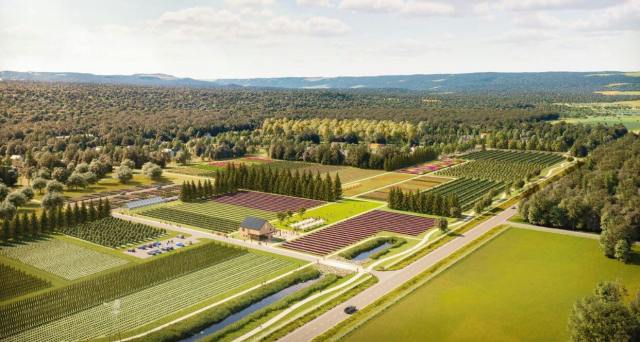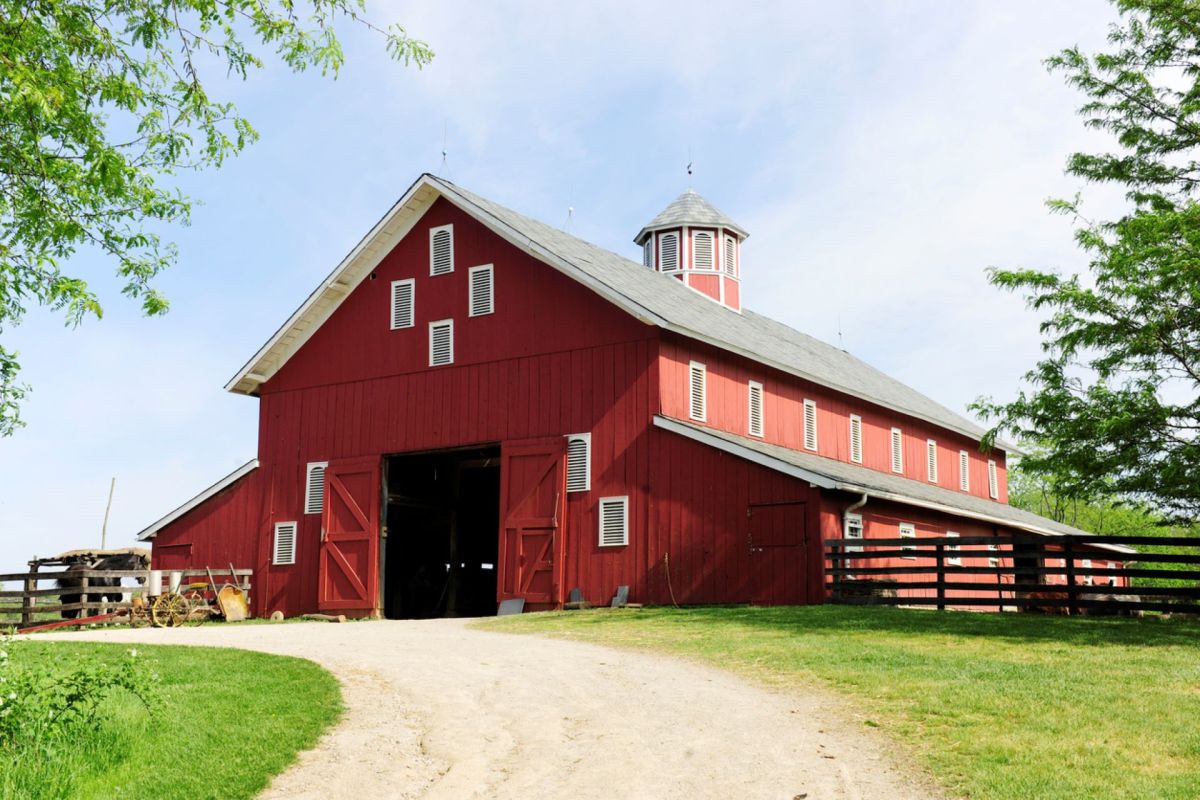Farm-to-table dining is getting an upgrade thanks to a genius new community that draws wisdom from the development of agriculture.
Inhabitat, a website devoted to green design and innovation, shared the details of the sustainable community in August.
The neighborhood, dubbed Thornbury Acres in Ontario, Canada, is being designed by real estate developer Castlepoint Numa, which is building 37 houses as part of the province's "first residential farm cooperative."

Each home reportedly has an 800-square-foot plot, allowing the lucky residents to grow their food as part of agricultural efforts.
Images of the master plans reveal zones dedicated to a variety of produce, including corn and beans, fruit orchards, and gardens for medicinal herbs, while beehives will provide a haven for the vital pollinators.
While the idea of farm-to-table consumption is far from new, as Inhabitat pointed out, it began to receive fresh attention in the U.S. in the 1960s and '70s.
As it turns out, the ongoing trend may have a more positive impact on the environment than originally anticipated, in addition to the potential health and financial benefits of growing your own food.
Analysis published by the European Commission found that food miles, defined as "the distance traveled multiplied by the mass of the transported food item," produce almost 20% of planet-warming carbon pollution from food — much higher than expected.
This caused researchers to attribute 30% of all heat-trapping pollution to the global food system, even as the overheating of our planet has caused concerns about the future of certain crops and major sources of protein like seafood.
In addition to reaping the benefits of their work, homeowners in Thornbury Acres will have access to trails, as carbon-absorbing forest zones are also part of the design.
"We are using the term homestead because this is a return to the village farm," Harley Valentine, a partner at Castlepoint Numa, told CoStar News this summer.
"We feel this is the answer to small-scale farming and how you introduce farming and spur on the next generation of agricultural enthusiasts, scientists, and practitioners," he added in a July interview with Farmtario.
Join our free newsletter for easy tips to save more, waste less, and help yourself while helping the planet.









